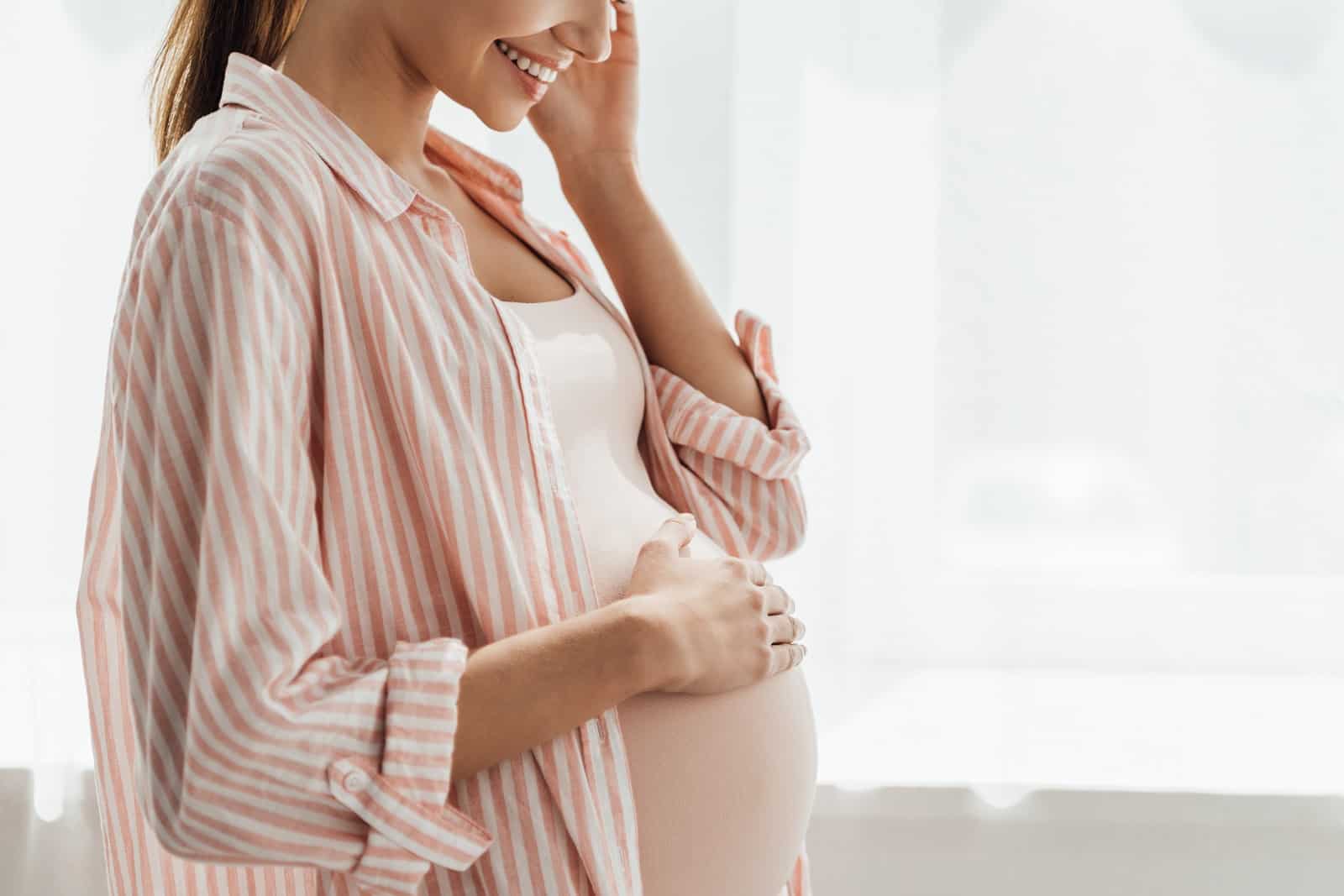
The birth of a child is one of the most important moments in every woman’s life. But is there a specific age when she should get pregnant? It is well known that as the years go by, the risk of genetic disorders in her offspring increases. So, what is the age of fertility and why does it decrease every year?
The arrival of a child into the world is preceded by 38 weeks of pregnancy, which is always a challenge for the body of any woman. Find out how to prepare for pregnancy and what to do to increase your chances of becoming a mom.
From a medical point of view, it is already possible for a girl to get pregnant after her first period and first ovulation. Unfortunately, as most social studies show, teenage pregnancy is usually a bad thing. It is medically fraught with a high risk of premature birth, low baby weight, or death during delivery. Teen mothers are also at risk for numerous complications, such as elevated blood pressure and anemia. And while teenagers are indeed physically mature to get pregnant, they are absolutely not ready to do so emotionally or financially. They also usually avoid any prenatal care, and their pregnancy is often the result of irresponsible behavior.
We should remember that biological maturity does not always, and often does not, go hand in hand with a woman’s social maturity. The decision about pregnancy should be made when both the woman and the man are mentally, physically and financially prepared for the responsibilities of having an offspring. Is there a best, most appropriate age to get pregnant? This question is asked by many women who are planning to become mothers. Yes, it’s true: the most important factor that affects a woman’s fertility is her age. The younger a woman is, the realistically better chance she has of getting pregnant. The best age to get pregnant is biologically between 20 and 25 years old for a woman. And ladies over 40, if they are trying to have a baby, only have a 10% chance of success
What about 30 year olds? In the past, women who were approaching their thirties were referred to as “old women” in childbirth centers. However, medicine has advanced considerably and in fact the age of 30-34 is a good age even for a first pregnancy. After all, a woman is still young, and biologically mature enough to handle the task of being a mom. 30-year-olds, unlike 20-year-olds, are also almost perfectly prepared for pregnancy in terms of theory. In what sense? According to studies conducted by gynaecologists, statistically, it is the pregnant 30-year-olds who examine themselves most thoroughly and follow the doctor’s recommendations best.
Is it more difficult for 30-year-olds to get pregnant? According to the research of scientists, a thirty-year-old woman has only 12% of reproductive cells from the original stock ready for fertilization. Therefore, compared to their younger counterparts, however, women in their late 30s find it more difficult to carry a pregnancy. The risk of certain diseases, such as hypertension, gestational diabetes and increasingly common thyroid problems, also increases with age.
A woman’s fertility rate stays high for a few years, and already decreases significantly after age 35. So a woman in her 40s is already at risk for more problems getting pregnant. Women who enter middle age already have only a 50% chance of getting pregnant, and roughly 2/3 of women of this age have all sorts of fertility problems because their body produces much less progesterone. Older women require tighter medical care. As a woman’s age increases, so does her risk of having a baby with Down syndrome or other chromosomal abnormalities.
Read also: Immunity vs. fertility. We hint at what the immune system and pregnancy have in common
Main photo: LIGHTFIELD STUDIOS/ adobestock.com